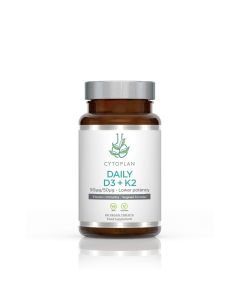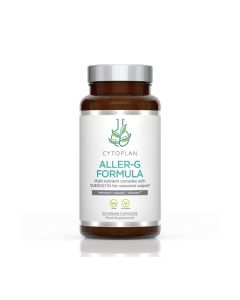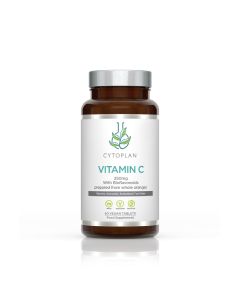I have hay fever – will probiotics help?
Spring has sprung, the daffodils are blooming and many of us are hoping for a beautiful summer. But for the estimated 18 million hay fever sufferers in the UK, the season of sneezing, runny noses and itchy eyes is just around the corner. Seasonal allergic rhinitis, or “hay fever” occurs when your body identifies pollen as a threat and launches an inappropriate immune response to this normally harmless substance. While hay fever frequently begins at a young age, it can affect both adults and children, affecting an estimated 10-15% of children and 26% of adults in the UK.
Symptoms can arrive with tree pollens as early as March and continue through the summer months with grass pollens. When pollens come into contact with the nostrils, eyes, or throat of an individual with sensitivity, pro-inflammatory histamine is released by the immune system, causing sneezing, itchy and watery eyes, swelling and inflammation of the nasal passages and an increase in mucous production.
Western societies seem to suffer with hay fever in far larger numbers than the rest of the world which has led to scientists believing that the 'hygiene hypothesis' is one of the potential contributors. This hypothesis suggests that our increasingly hygiene-focused lifestyles, removed from the bacteria we would be normally be exposed to in nature, has decreased the diversity of bacteria found in our own microbiome. As your gut plays a central role in immune system homeostasis, this has implications for our immunity, which can be unnecessarily sent into overdrive by pollen – but supporting the diversity of your gut bacteria has the potential to support immune function and have a positive impact on allergic symptoms.
Probiotics are living microorganisms that confer a physiologic benefit to the host and are found naturally in fermented foods such as yoghurt, kefir, miso and sauerkraut. They have been used successfully in a number of immune and allergen-mediated conditions such as atopic dermatitis, rheumatoid arthritis and asthma. Several studies have highlighted the potential therapeutic use of probiotics to both prevent and reduce the symptoms of hay fever, thus improving quality of life and the reliance on traditional medicines such as antihistamines.
Evidence suggests that probiotics may serve as immunomodulators with the ability to alter both innate and adaptive immune responses and could therefore have the ability prevent the overstimulation of the immune system as found in hay fever. Probiotics react with your natural gut bacteria and confer an array of beneficial effects on your gut’s immunologic barrier to maintain both gastrointestinal and systemic immunity. Different probiotic strains will convey different health benefits for the host so a broad-spectrum formula with both Lactobacillus and Bifidobacterium strains is recommended – and it is advisable to take a probiotic supplement in preparation for the hay fever season as opposed to waiting until your symptoms develop.











